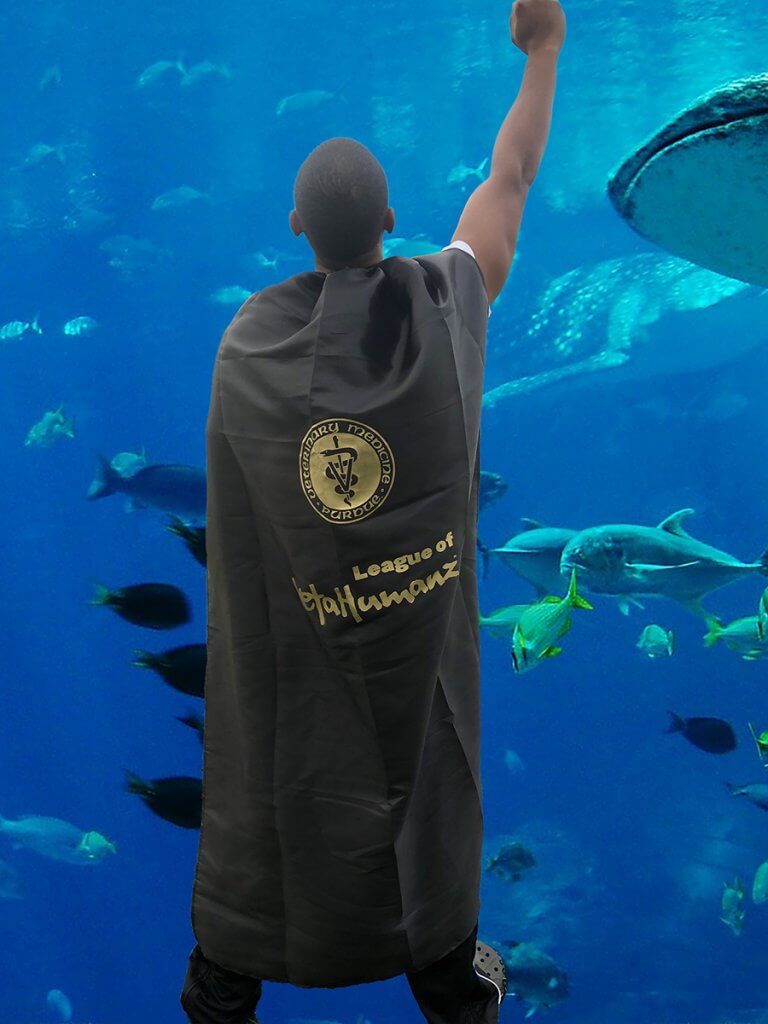
Role models can help children see themselves in a future career, and a new initiative at the Purdue University College of Veterinary Medicine is helping develop veterinary medical role models every child can relate to.
The college has launched a new organization called the League of VetaHumanz, an inclusive veterinary superhero league working with member universities and organizations to diversify the veterinary workforce, which is over 90% white, and provide underserved youth access and support to pursue careers in the veterinary field.
The league will feature role models as superheroes, called VetaHumanz, in academia, practice, research, government, and industry, and provide resources for veterinary students to engage with children in their communities after graduation. The league will offer P-12 training opportunities for aspiring veterinarians, including virtual veterinary lessons, children’s books, and an online game. For children without access to in-person role models, resources in a box are in development so they can learn about a veterinary role model and perform a veterinary-related educational activity at home with friends and family.
“We have an amazing team of superheroes, including teachers, community leaders, artists, graphic designers, communications experts, evaluators, students, veterinarians and experts in diversity, equity, and inclusion who are all thrilled to take our role modeling programs to the next level and inspire future veterinary professionals,” said Dr. Sandra San Miguel, founder of the League of VetaHumanz and associate dean for engagement in the College of Veterinary Medicine. Each VetaHuman has a superhero identity, and Dr. San Miguel goes by “Pink Phoenix.”

“We can all make the world a better place if we work together and use our powers for good,” she said.
There are 18 member institutions and organizations across the U.S., and the league plans to expand the program globally.
The league will be supported for the next five years by a $1.35 million grant from the Science Education Partnership Award (SEPA) program of the National Institute of General Medical Sciences of the National Institutes of Health.
The League of VetaHumanz expands upon an existing SEPA-funded program, This is How We “Role,” which was designed in 2015 to increase awareness of the role that veterinarians play in keeping people and their animals healthy. This is How We “Role” has chapters in 20 states. The program received a 2020 Inspiring Programs in STEM Award from INSIGHT Into Diversity magazine.
The impact of the League of VetaHumanz on aspiring veterinarians and role models will be evaluated by the Evaluation and Learning Research Center in the College of Education. The evaluation will explore changes in attitudes toward the veterinary profession, knowledge of veterinary science, self-perceptions of the child’s capability to achieve success, and the impact of live and virtual role modeling. The effect on veterinary student role models’ likelihood to continue community service and their ability to interact effectively with future clients also is evaluated.
